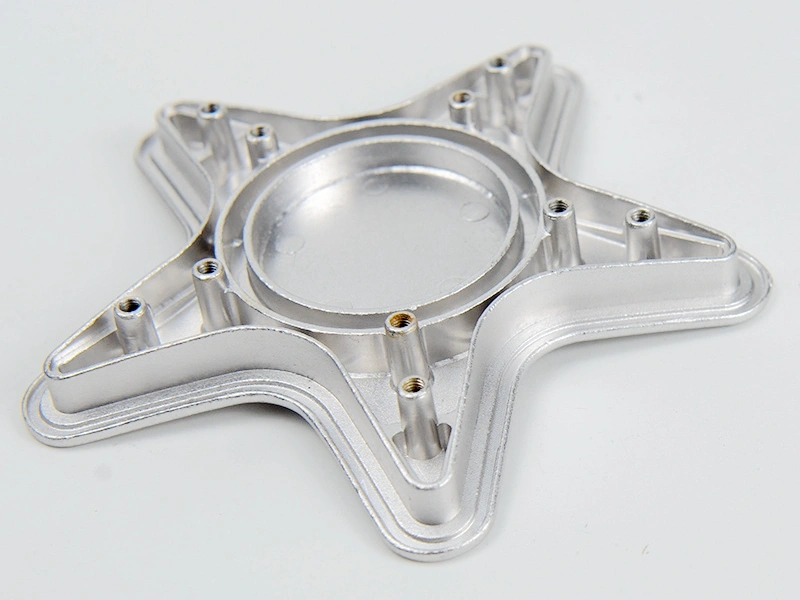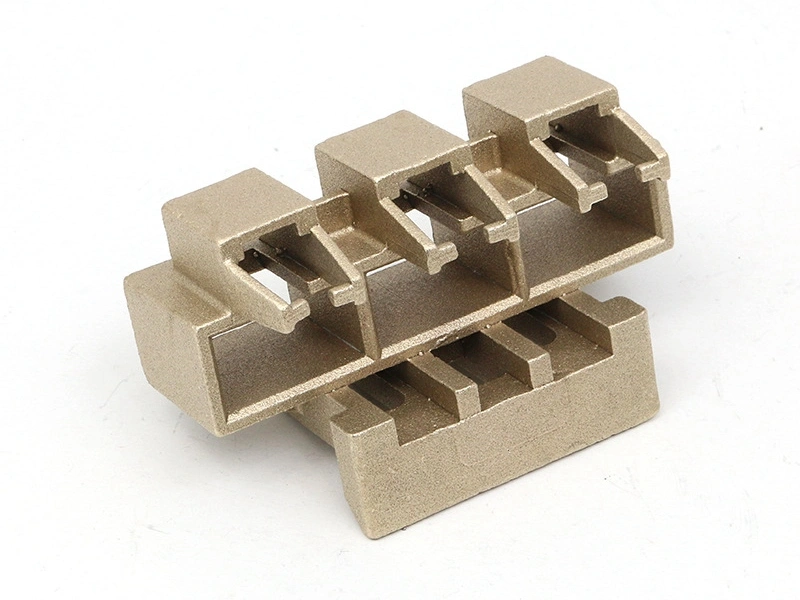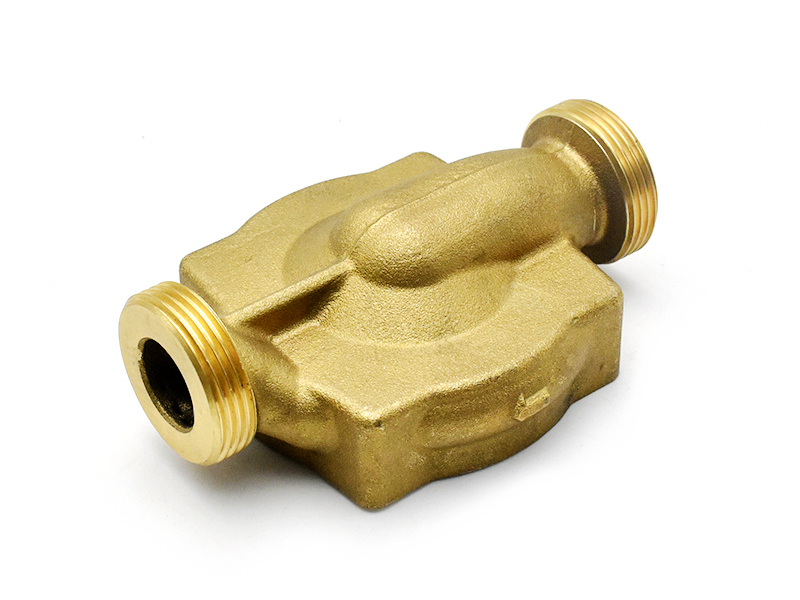Can brass valve bodies handle chemical or high-temperature fluids?
Can Brass Valve Bodies Handle Chemical or High-Temperature Fluids?
Suitability of Brass Valve Bodies for Harsh Fluid Conditions
Brass valve bodies are widely used in systems that handle water, air, and non-aggressive fluids, but their performance in chemical and high-temperature applications depends on the specific brass alloy, fluid type, and temperature range. At Neway Die Casting, alloys like C87850 silicon brass, C46400 naval brass, and C84400 semi-red brass are selected based on fluid compatibility and mechanical performance under thermal and chemical stress.
Temperature Resistance of Brass Valve Bodies
Brass Alloy | Max Operating Temperature | Suitable Environments |
|---|---|---|
C87850 | 200°C | Drinking water, glycol, light chemicals |
C84400 | 180°C | HVAC systems, general-purpose fluids |
C46400 | 220°C | Seawater, steam, mild acids or bases |
Most brass alloys maintain mechanical stability up to 180–220°C when not under severe pressure or corrosive attack.
Brass softens above 300°C, making it unsuitable for steam at elevated pressure or thermally cycling chemical processes beyond its range.
Chemical Compatibility of Brass
Brass resists many neutral and mildly corrosive fluids, but it can degrade in environments containing:
Ammonia or ammonium salts – Risk of stress corrosion cracking
Acids (e.g., nitric, acetic) – Lead and zinc leaching from the microstructure
High-chloride solutions – Risk of dezincification, especially in stagnant systems
To mitigate chemical attack, Neway recommends:
C87850 silicon brass for potable and mildly aggressive chemicals (lead-free, RoHS-compliant)
C46400 naval brass for saltwater and marine chemicals (tin improves pitting resistance)
Protective coatings such as nickel plating or epoxy layers for enhanced barrier protection
Recommended Applications
Application Area | Suitable Alloy | Key Advantage |
|---|---|---|
Potable water + glycol | C87850 | Lead-free, corrosion-resistant |
Marine + salt spray | C46400 | Tin-stabilized for pitting resistance |
HVAC + thermal loops | C84400 | Good castability and thermal stability |
Standards and Performance Testing
Neway validates brass valve bodies under:
ASTM B584 / B62 – Cast brass material properties
ISO 6509 – Dezincification resistance
ISO 5208 – Valve pressure and leakage performance
NSF/ANSI 372 – Lead content compliance for drinking water
Customer-Oriented Brass Valve Solutions
Neway Die Casting supports chemical and thermal fluid systems with:
Brass Die Casting Services: Precision-cast valve bodies tailored to aggressive or heated environments
Post-Processing Services: Protective finishes for fluid contact surfaces
Material Selection Support: Expert recommendations for alloy and coating compatibility



